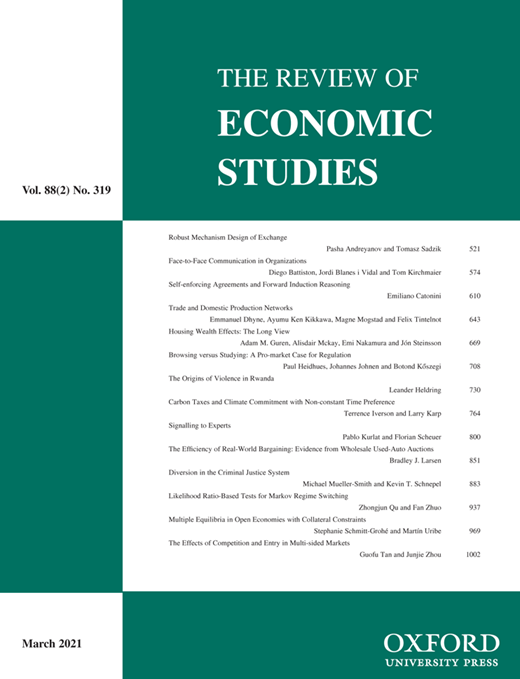
As anyone who has tried to buy a home in the past year knows all too well, California’s housing costs are soaring. The primary reason is basic economics – there is a strong demand for housing and a limited supply because not enough homes have been built over the past two decades to meet that […]

Since the World Health Organization (WHO) declared the coronavirus infectious disease 2019 (COVID-19) outbreak a pandemic on 11 March, severe lockdown measures have been adopted by the Italian Government. For over two months of stay-at-home orders, houses became the only place where people slept, ate, worked, practiced sports, and socialized.

Poor housing conditions have been linked with worse health outcomes and infectious disease spread. Since the relationship of poor housing conditions with incidence and mortality of COVID-19 is unknown, we investigated the association between poor housing condition and COVID-19 incidence and mortality in US counties.
Using zip code-level data and nonparametric estimation, I present eight stylized facts on the US housing market in the COVID-19 era.

This paper uses the discontinuity in house size generated by Chinese housing policies to identify the effect of housing wealth on labor supply. The analysis finds a substantial deterrent effect of housing wealth on labor supply.

We provide new time-varying estimates of the housing wealth effect back to the 1980s. We use three identification strategies: ordinary least squares with a rich set of controls, the Saiz housing supply elasticity instrument, and a new instrument that exploits systematic differences in city-level exposure to regional house price cycles.
Urban economics and branches of mainstream economics – what we call the ‘housing as opportunity’ school of thought – have been arguing that shortages of affordable housing in dense agglomerations represent a fundamental barrier to economic development.

Housing issues, including affordability, instability, and the search for available units, present ongoing challenges for urban inhabitants. Supporters claim information and communication technology (ICT) can solve housing problems through increased efficiency, transparency, and the creation of smart cities.
